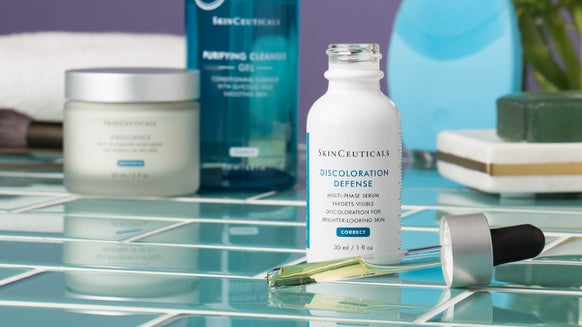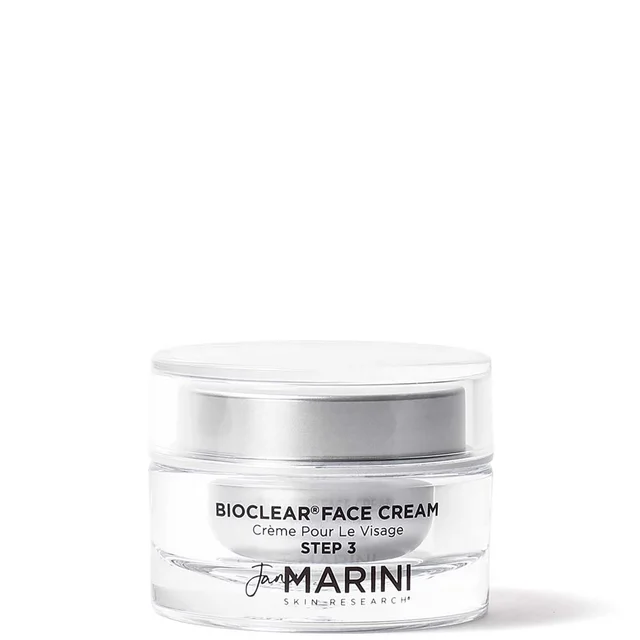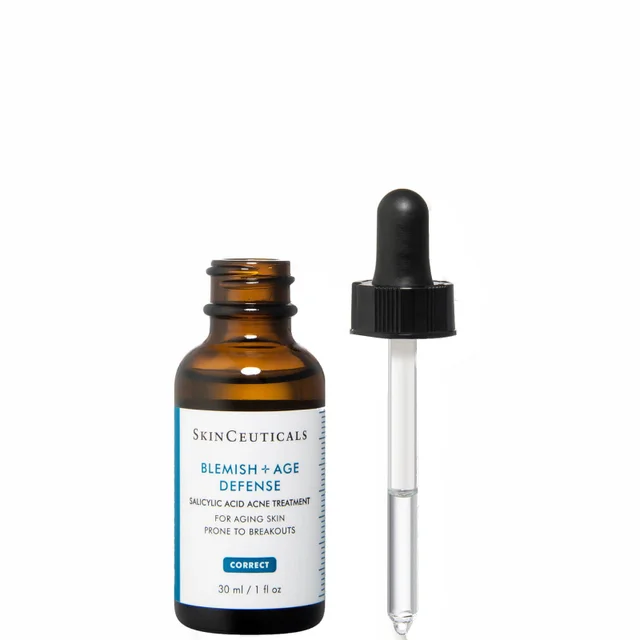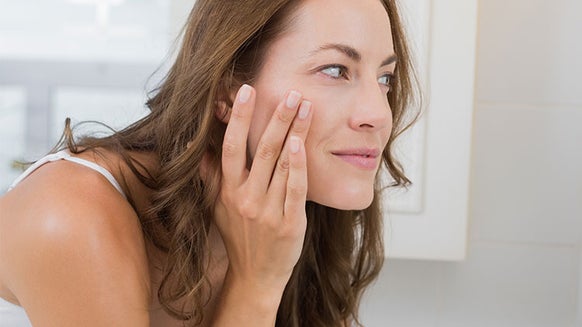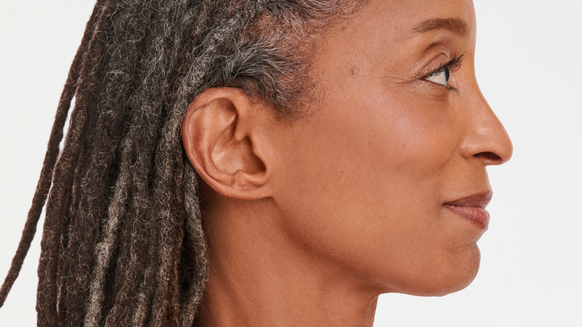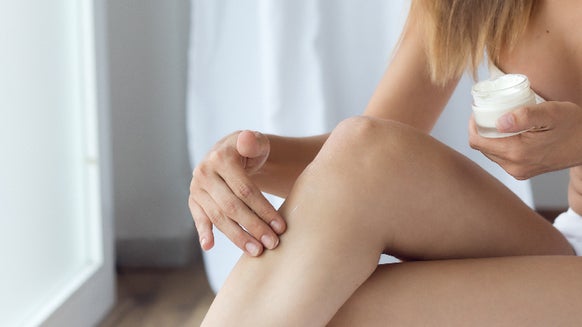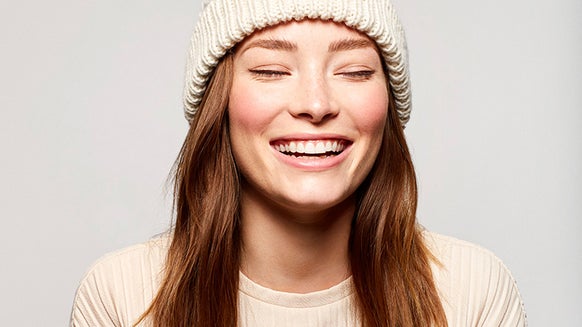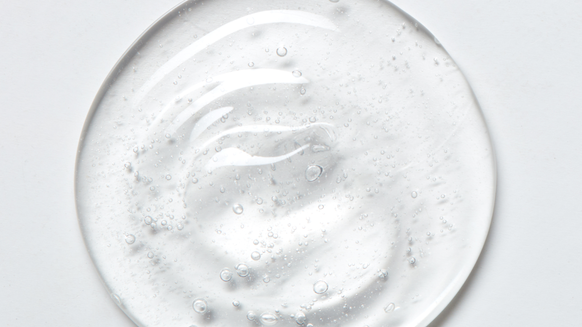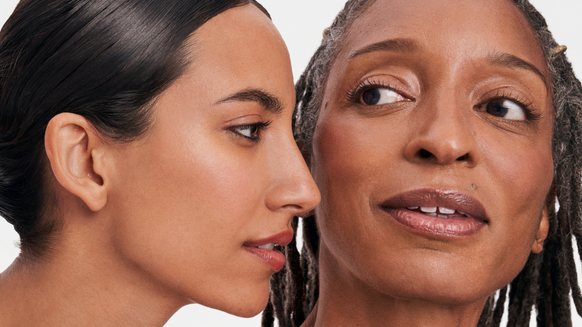The Best Products for Hormonal Acne in Adult Women
Your days of school dances and slumber parties may be over, but those pesky pimples can plague you as an adult. Acne affects nearly half of all women ages 21 to 30, a quarter of women ages 31 to 40 and 12 percent of women ages 41 to 50—most commonly as a result of hormonal changes. Often coinciding with your monthly cycle or during other hormone imbalances, there is hope to break the cycle of these bothersome breakouts. With topical products, a thoughtful skin care regimen and other treatments at your disposal, you can banish those blemishes and brighten your outlook.
Hormonal Acne: 101
To help you treat and prevent hormonal acne outbreaks, let's dive into why these breakouts happen, how topical treatments work and what you can do to identify and avoid triggers that might be making your breakouts worse.
What Causes Hormonal Acne?
With the changes that many women face after their 30s, hormonal acne affects millions of adult women. While many assume it's due to hormonal fluctuations, it's actually caused by normal levels of hormones acting strongly on the skin for reasons that are still unknown, which lead to clogged pores and excess oil production. Aging skin tends to be drier, too, so that complicates the equation. Whether brought on by lifestyle factors like diet and stress, or PMS and pregnancy, both result in an increase in cortisol (the stress hormone) and send your skin's oil production into overdrive, causing breakouts seemingly overnight.
Topicals and How They Can Help
Apply a nonprescription topical ointment at least once a day to help with problem areas. Look for ointments that contain benzoyl peroxide (like this one by PCA Skin) and salicylic acid (try this one by Glytone), which help to unclog pores and clear up pimples. While both these ingredients are tried and true throughout adolescence, combining acne wash, an acne lotion, and an anti-aging cream simultaneously may dry out mature skin. If you're in your 40s, adding a retinol topical can help with hormonal acne, as well as fine lines and wrinkles. Natural alternatives include tea tree oil and jojoba oil—which offer a gentler approach that also provides much-needed moisture.
Treating From the Inside
If you're aren't seeing results with topical treatments, it's time to consult your dermatologist who can recommend birth control options and other prescriptions that target acne. Oral contraceptives can help normalize hormonal surges and regulate monthly cycles so that oil glands don't go overboard.
Acne Triggers to Avoid
Certain acne triggers can increase your hormonal problems and exacerbate your acne. Avoid too much sun exposure, and try to find a way to relieve stress. Don't touch your face excessively, and pay extra attention to cleansing your skin after a workout. Most important, resist the urge to take matters into your own hands—literally—by popping or trying to extract your pimples, which can lead to scarring.
This article has been reviewed by board-certified dermatologist Dr. Emmy Graber.

From the latest hair and makeup trends to the best solutions for your skin issues, we've got all your beauty concerns covered!
Related Posts
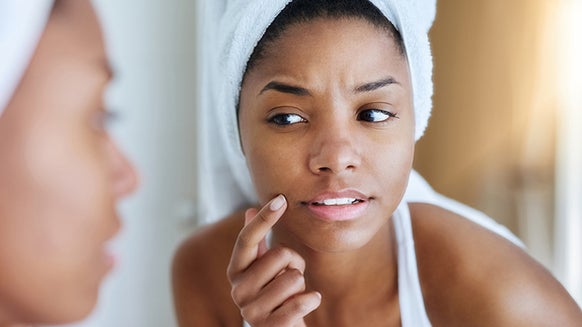
Understanding Acne: A Guide To The Different Types And How To Treat Them
